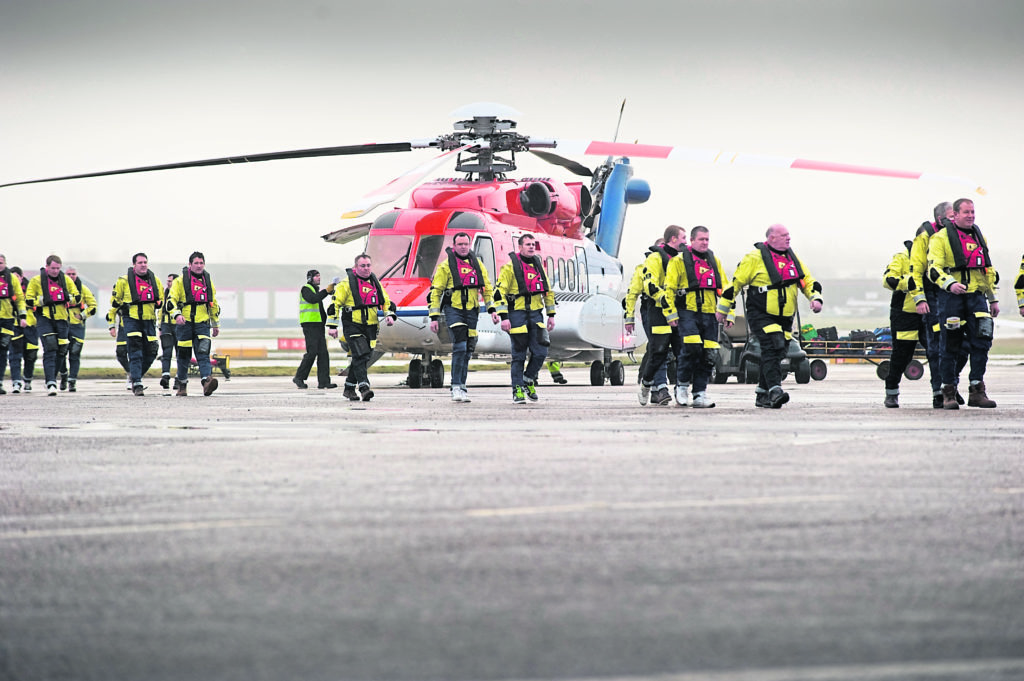
A survey from the UK’s largest offshore union has found high levels of job insecurity among the contractor workforce in the North Sea.
Unite surveyed 627 members from Petrofac, Aker, Sparrows, Wood, Stork, Worley, Altrad and Bilfinger, with 55% saying their employment is “either insecure of precarious”.
The union said just 34% reported feeling secure in their current employment and that the findings were supported by more than 200 discussions with individual members.
However, almost 60% of members said they had not been paid off in the last four years, with the remainder saying they had made redundant once (11.2%), twice (8.1%), three times (6.7%), four times (6.7%) or 5+ times (7.2%).
Unite said the findings show “perceptions of job insecurity are at very high levels” and there is “some indication that this may be having a negative impact upon workers’ health and wellbeing”.
The union also asked specifically about the impact on mental health, with 30% saying they “continuously worry” about being made redundant and 42% saying they “sometimes worry” about it.
Unite said the question was intended to be indicative and may lead to a wider study.
Members were also surveyed on issues including offshore rotas, health and safety representatives and terms and conditions.
The respondents work a variety of rotas but 58% said there should be a standard pattern of two weeks on, three weeks off (2:3).
Those on three weeks on, three weeks off (3:3) widely reported it had a negative impact on how they felt going to work (68%), with 56% saying it negatively impacted relationships and 62% said it negatively impacted fatigue and concentration.
Unite said the top three issues for workers are an end to 3:3 rotas, improvements in wages and increased job security.
The union said the issues are connected, adding: “We are of the firm opinion that the level of engagement, in combination with the depth of the questions and responses, is more than sufficient to be strongly indicative of some serious structural problems in this area of the UK offshore oil and gas industry.”
Further reports are to be made with members in the Caterers Offshore Trade Association and the UK Drilling Contractors Association.
A report from the Robert Gordon University last year showed workers on three weeks on, three weeks off rotas (3:3) are almost twice as likely to experience ill health as those on 2:2.
Many companies switched to 3:3 amid the oil downturn but some have switched to 2:3 or other patterns since, leading to a wide variation in the industry.
Recommended for you

